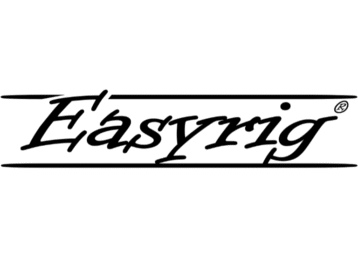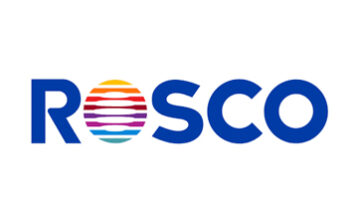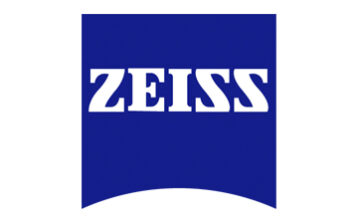EC SHELVES COPYRIGHT LEVY REFORM PLANS
2008 – Report from the
Hollywood Reporter By Leo Cendrowicz
The European Commission is shelving plans to reform the copyright levy system for consumer electronics after concluding that the political fallout from such an initiative would be too high.
Despite pledging to propose reforms before the end of the year, EC president Jose Manuel Barroso has decided to shy away from a fight with Europe’s artistic community and the French government, two vocal critics of the planned reform.
“The commission has decided more reflection is required on this complex issue. When it is ready, it will bring it on the agenda of the commission,” spokeswoman Pia Ahrenkilde Hansen said. However, officials have admitted that calls for “reflection” are a euphemism for freezing the dossier.
The turnaround comes just weeks after a draft EC paper recommended reform of a system that the EU’s executive body considered anachronistic and patchily applied. But EC insiders have revealed that Barroso felt the political climate was too sensitive and that his public image already appeared too intimate with business interests.
Copyright levies are used in 20 of 25 EU member states to compensate artists. They skim a fee off the price of any DVD recorder, MP3 player and blank disk sold on the legal basis that they will likely be used to make unlicensed private copies.
The scope and extent of copyright levies varies from country to country. France, for example, applies a levy of €6 ($8) on an iPod with 4GB memory. Germany has a levy of €2.56 ($3.40) on the same product, while the Netherlands and Belgium impose no levies on iPods at all.
The key opposition to the reform came from Paris. Prime Minister Dominique de Villepin wrote to Barroso earlier this month, warning that the French government was fiercely opposed to any reforms. France claims a quarter of all copyright levies collected within the EU.
French President Jacques Chirac has made it clear he blames the Barroso Commission and its economic reform plans for the French electorate’s rejection of the European Constitution in a May 2005 referendum.
The artistic community was late to organize against the proposals, but in October, Spanish screen icons Pedro Almodovar and Penelope Cruz led a host of artists’ groups in launching the “Culture First” campaign.
“Although it may have appeared like a desperate, last-minute appeal, it had an effect,” one EU source said. “Barroso and others are thinking of their political career after the commission, and no one dares have the artistic community against them.”






























